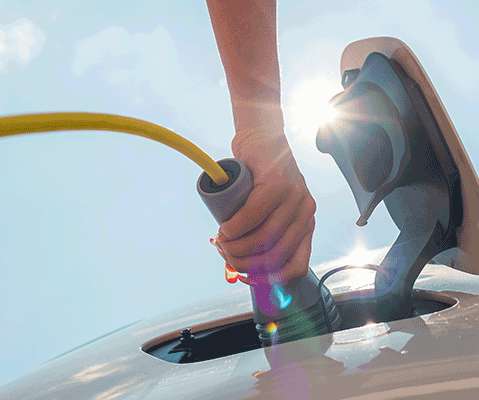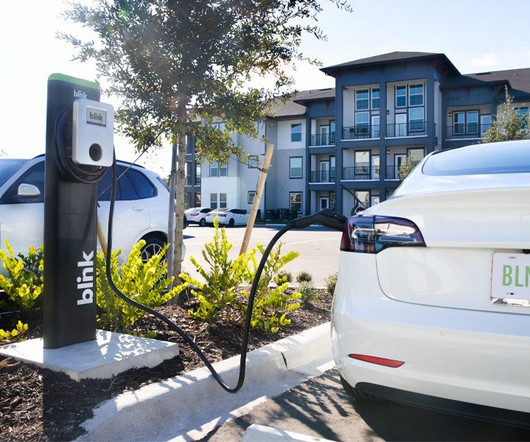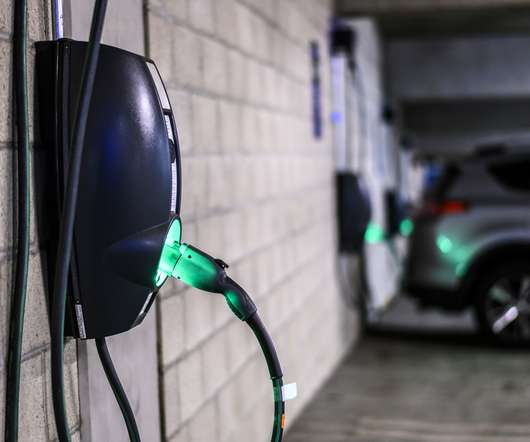Toyota to debut 2 BEVs, 1 PHEV for US this year; says research shows BEVs & PHEVs have similar environmental benefits
Green Car Congress
FEBRUARY 11, 2021
Toyota shared highlights of new internal research evaluating the environmental impact and cost of ownership between a PHEV and a BEV. For this research, Toyota created a tool that shows the trade-off between GHG Emissions and Total Cost of Ownership. Manufacturing is a component of GHG emissions.
















Let's personalize your content